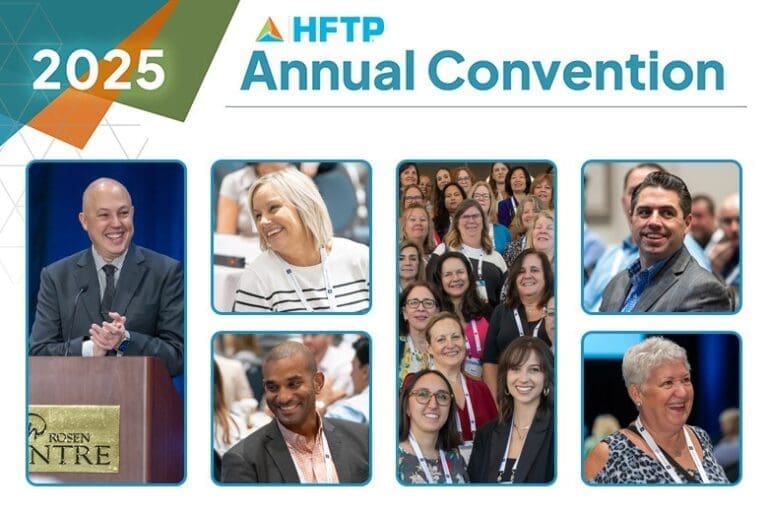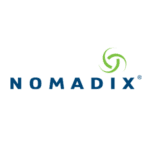 Hard work leads to success. Right? That’s what most people think, but career advancement may depend more on who you know and how you optimize your personal connections. In today’s competitive job market, mentoring and networking are no longer just supplemental supports for career growth, they’re essential.
Hard work leads to success. Right? That’s what most people think, but career advancement may depend more on who you know and how you optimize your personal connections. In today’s competitive job market, mentoring and networking are no longer just supplemental supports for career growth, they’re essential.
Unfortunately, mentoring and networking are often perceived as transactional exchanges, or as looking for hand-outs and favoritism, and nobody likes that. However, both research on social capital and professional experience suggest that effective mentoring and networking is about building relationships and sharing experiences. With this perspective, they become more fulfilling.
In this light, three key elements of mentoring and networking are professional development, building relationships and being intentional. Let us see how each of these work in practice and how they can be applied for your personal growth.
Professional development
The 70-20-10 approach by the Center for Creative Leadership is a well-known model for leadership development. In this model, 70% of learning comes from challenge assignments and 10% from coursework and training. The bridging 20% comes from developmental relationships such as mentoring, coaching and sponsorship. These relationship building activities provide guidance and support (mentors), encourage behavior improvement (coaches) and help to increase visibility in the organization (sponsors). To highlight the importance of these relationships in career development, consider this quote from a young manager.
For many years I thought that if I did a great job at work, people would notice my skills and I would get promoted. Then, I realized that doing a great job is not always enough. You need to have people above your level recommending you for a promotion, a new project, etc.
Additionally, leadership training programs and short courses are excellent ways to boost your skills, open the doors to new career opportunities, and reach the next level in your current career path with the support of a learning center and their academic and professional network.
Building relationships
Since relationships play an influential role in professional development, it is important to understand how to build the right kinds of relationships.
- First, we build relationships with people who are like us, located close to us and with whom we share intense activities. This rule suggests that a good way to meet people is to get involved in activities where we share interests or where we have an intense period of working together.
- The second point to remember is that different types of relationships have different purposes. You may rely on friends and family for support and friendship, while people higher or in other parts of the organization may provide advice and influence. It is good to think about how different people contribute to your network, depending on the support you need from them.
- Finally, it is important to remember that givers are the best networkers. Givers are those willing to help others with no strings attached and who set appropriate boundaries. In addition, “energizers” who build trust and engage in possibilities are four times more likely to build effective relationships.
- One last thing to consider: relationship building is easy for people who have a high level of emotional intelligence, which is essential in leadership roles today.
Being intentional
With more than 30 years of experience in the hospitality industry, José Soriano resonated with these concepts:
Some ideas that can help you in developing an intentional approach to networking are:
- Participate in shared projects: Boards, volunteer activities, cross-functional teams, training programs. These projects provide opportunities to meet people over a longer time span and in repeated activities, so others can get to know you and build a trusting relationship.
- Meet people in new contexts: Over coffee, social events, travel, and outside activities. Or consider taking up a hobby that develops soft skills and connections. Building relationships with people in different settings helps people to see the multiple facets of you and your talents.
- Find a mentor, sponsor, coach: Participate in your company’s mentoring program, ask for help from people who know you well, and build trust. In addition to providing career guidance, mentors and sponsors can make introductions and provide legitimacy. While your talents are of an unknown quantity, an introduction from a sponsor gives you an opportunity to showcase your abilities, facilitate trust, and gain acceptance in a new situation.
Getting started
Take a step back and reflect on your professional relationships. Is there someone new you would like to meet? Invite them for coffee. Is there a part of the organization you would like to learn more about? Volunteer for a cross-functional team. Would you benefit from guidance to enhance your career vision? Join your company’s mentoring program. Notice that each of these actions requires being proactive and getting involved in a longer-term activity. They are not about a transactional approach of exchanging business cards at a one-time event.
EHL Hospitality Business School, for example, is a place where mentoring and networking play an important part in learning and development. EHL offers a mentoring program for its employees and EHL Alumni often connect with students as mentors. And any EHL learning program, be it undergraduate, graduate or executive, is an intense experience in social learning. The school offers an environment of trust that facilitates building relationships and networks with new and diverse colleagues.
Sometimes people are afraid to ask for help. Don’t worry – we have all been there. Take a step to reach out, especially to someone you perceive as a giver, and see where this step takes you. And remember to always say “Thank you”, to those who have contributed to your journey.




















